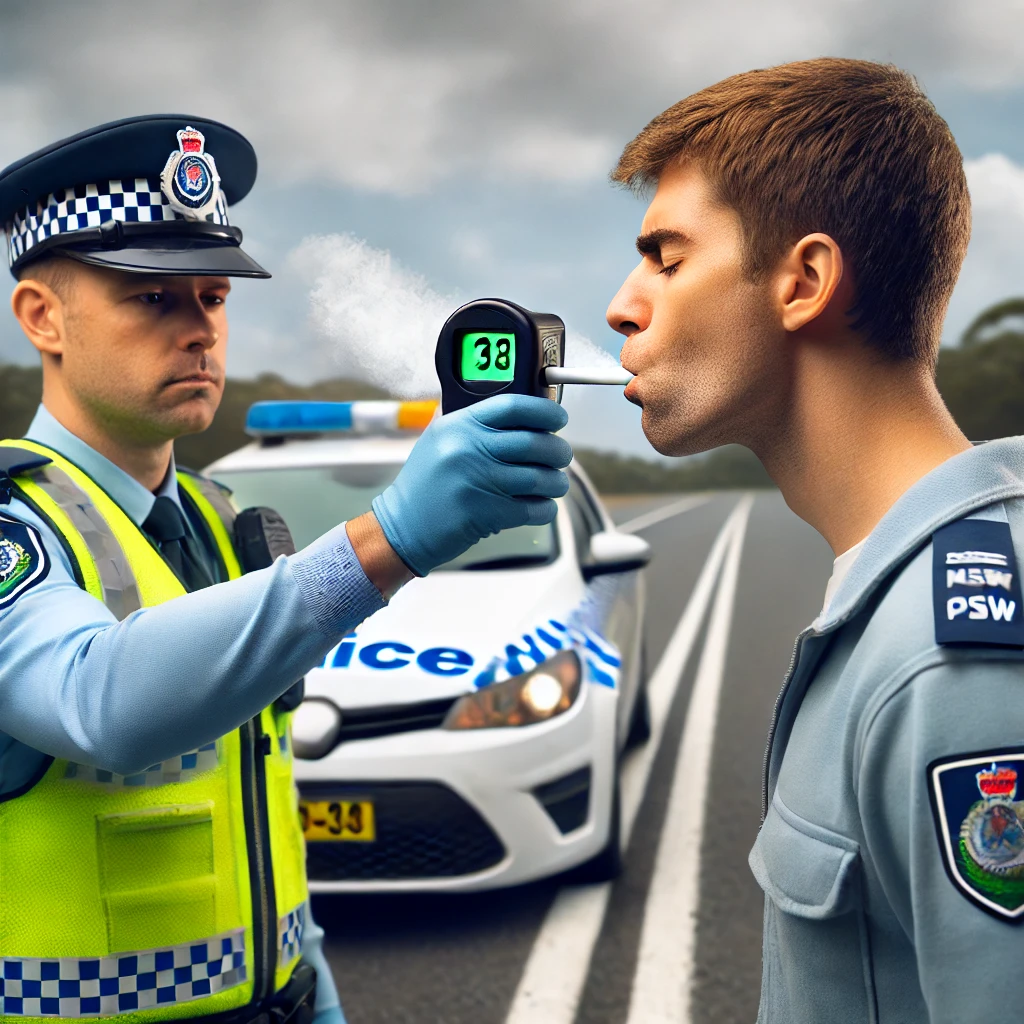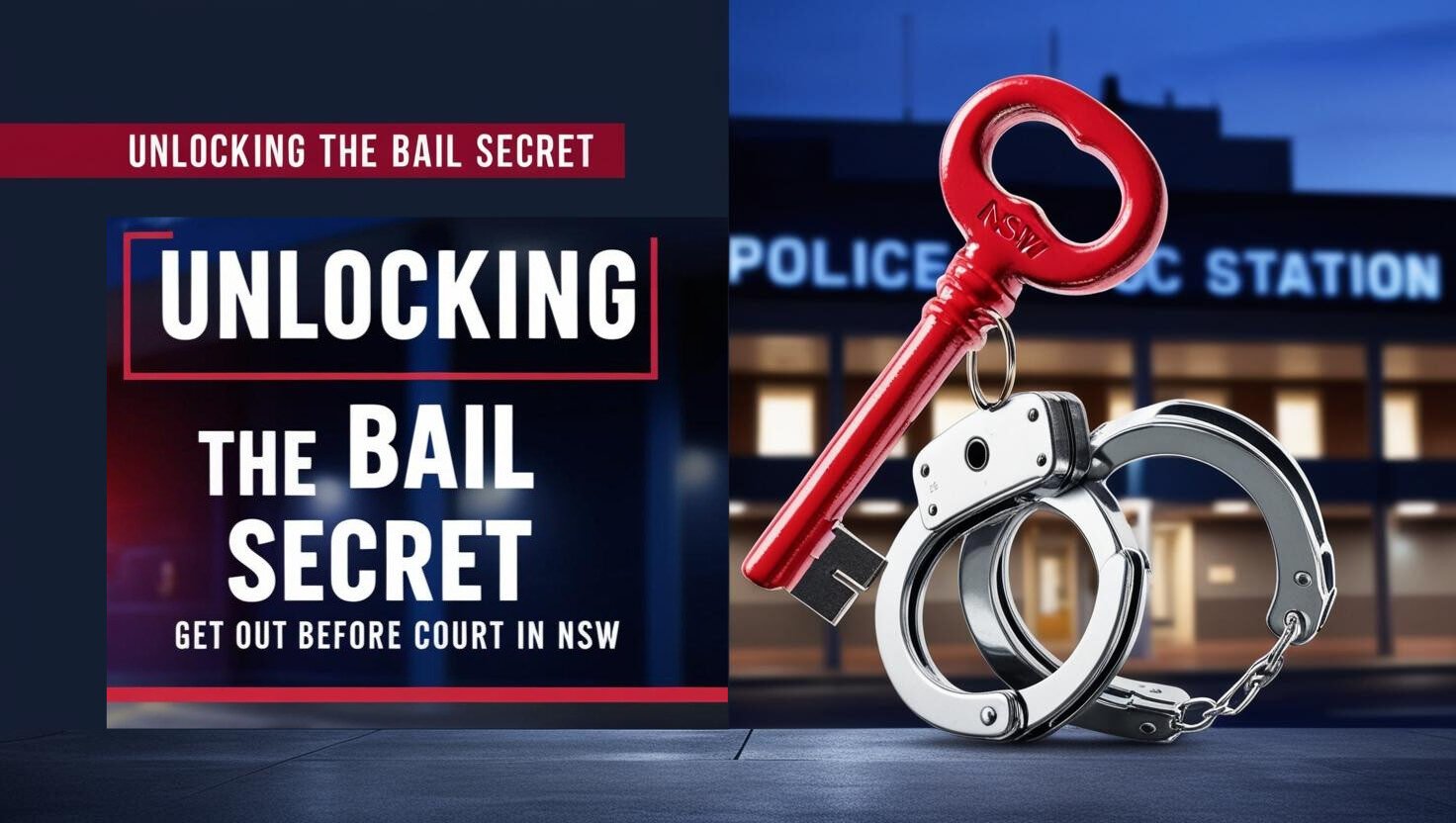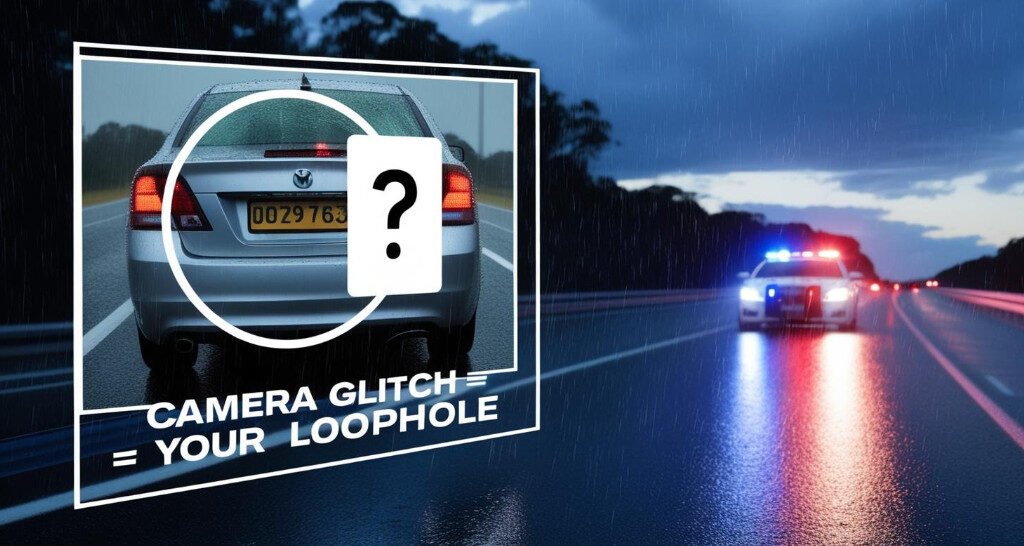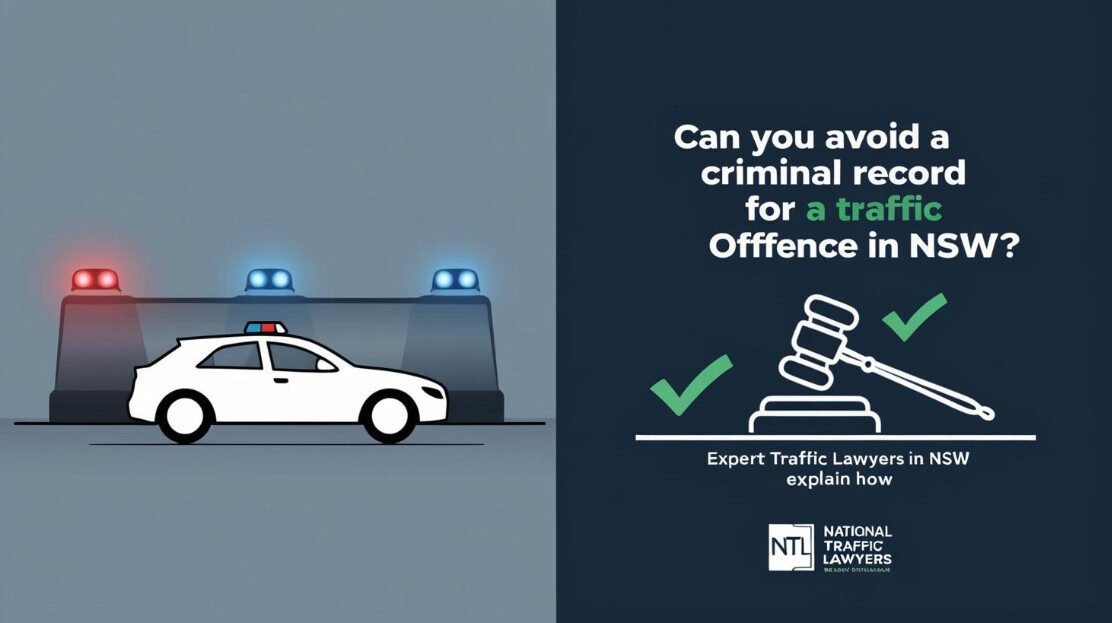In New South Wales (NSW), facing DUI charges can lead to severe consequences, both legally and personally. DUI, or driving under the influence, refers to operating a motor vehicle while impaired by alcohol or other drugs. This blog post covers the main consequences of DUI charges, outlines the penalties, and provides guidance on what to do if you face such charges in NSW. We at National Traffic Lawyers are here to help you understand your rights and navigate the legal process.

1. Hefty Fines and Imprisonment
Being charged with DUI in NSW can result in heavy fines and possible imprisonment. The severity of these penalties depends on whether it is a first or subsequent offence:
- First Offence: Up to 30 penalty units (equivalent to $3,300) and/or up to 18 months imprisonment.
- Second or Subsequent Offence: The fines can increase to 50 penalty units (approximately $5,500), with a potential prison term of up to 2 years.
These penalties are outlined under Section 112 of the Road Transport Act 2013, which emphasizes the seriousness of DUI charges in NSW. To better understand how penalties are calculated and imposed, you can refer to the NSW Government’s official page on drink and drug driving penalties.
2. Licence Suspension and Disqualification
Facing DUI charges almost always results in automatic licence suspension or disqualification. For a first-time offender, the minimum disqualification period is typically 12 months. For second or subsequent offenders, the disqualification period can extend up to 5 years. A criminal record from DUI charges can further complicate your life by impacting your job, ability to travel, and insurance premiums.
Additionally, drivers convicted of multiple DUI offences may be subject to more stringent penalties, including participation in the Alcohol Interlock Program. This program involves installing a breath-testing device in your vehicle, which will only allow the vehicle to start if your BAC (Blood Alcohol Concentration) is at zero.
3. Vehicle Impoundment or Immobilization
Under NSW law, the police have the power to seize or impound a vehicle involved in a DUI offence. In some cases, a magistrate may also order the immobilization of the vehicle for a specified period. Offenders found guilty of DUI may also be responsible for covering the costs associated with towing, impoundment, or immobilization.
4. Mandatory Drink Driver Education Programs
For those convicted of DUI charges in NSW, attending a mandatory drink driver education program may be a requirement. These programs aim to educate offenders about the dangers of impaired driving and equip them with strategies to avoid repeat offences. Even if the court does not mandate participation, completing such a program voluntarily can be a proactive step to show the court that you are taking the charges seriously and are committed to changing your behavior.
5. A Criminal Record and Its Long-Term Impact
One of the most significant consequences of a DUI conviction is acquiring a criminal record. A criminal conviction for DUI can affect various aspects of your life, including:
- Employment Opportunities: A criminal record may limit your career options, especially in fields that require a clean driving record.
- Travel Restrictions: Certain countries may deny entry to individuals with DUI convictions.
- Increased Insurance Costs: Car insurance premiums typically increase for those with a DUI on their driving record.
- Licence Disqualification: Drivers may face long-term or even lifetime disqualifications depending on the frequency and severity of their offences.
DUI Charges vs. Drink Driving Offences
In NSW, DUI charges and drink driving offences differ in several ways:
- DUI Charges: These do not require evidence of a specific BAC level. Instead, the prosecution can rely on police observations of impairment, such as slurred speech, unsteady gait, or erratic driving behavior.
- Drink Driving Offences: These involve a specific BAC reading that exceeds the legal limit, usually obtained from a breath test or blood test.
To read more about the legal differences and the penalties for drink driving, see the NSW Government’s drink and drug driving penalties page.
Preparing for a DUI Court Appearance
If you have been charged with DUI in NSW, taking the following steps can help prepare for your court appearance:
- Provide Full Disclosure to Your Lawyer: Make sure your lawyer is fully aware of the circumstances of the offence, including how much alcohol or drugs you consumed, why you were driving, and any other relevant details.
- Participate in a Drink Driver Education Program: Even if not mandated, completing such a program shows the court that you are committed to improving your behavior.
- Obtain Character References: Submitting references from people who know you well can help demonstrate your good character.
- Provide Evidence of Hardship: If a licence disqualification would cause undue hardship (e.g., you need your licence for work), make sure to provide the court with documentation supporting this claim.
- Consider Pleading Guilty: While not always the right option, pleading guilty to DUI charges may result in a more lenient penalty, especially if accompanied by evidence of proactive steps taken to address the behavior (e.g., completing a driver education program).
The Role of Alcohol and Drugs in DUI Charges
DUI charges in NSW are not limited to alcohol-related offences. Driving under the influence of drugs—whether illicit or prescription—also constitutes a DUI offence. Roadside drug testing can detect the presence of substances such as:
- Cannabis (THC)
- Methamphetamine (speed, ice)
- Cocaine
- MDMA (ecstasy)
If a roadside saliva test is positive, a further laboratory analysis of blood or urine samples may be conducted. Drivers with a positive result can face the same legal consequences as those for alcohol-related DUI.
Reducing the Impact of a DUI Charge
A DUI charge does not always lead to a conviction. In some cases, a court may issue a non-conviction penalty, such as a Section 10 Dismissal or Conditional Release Order without conviction, allowing the driver to avoid a criminal record. However, obtaining a non-conviction outcome often requires the expertise of a DUI lawyer who can present strong mitigating factors to the court.
Why Choose National Traffic Lawyers?
At National Traffic Lawyers, we specialize in DUI cases and other traffic law matters. Our experienced legal team can provide the representation and guidance you need to achieve the best possible outcome in your case. Whether it’s your first DUI offence or you’ve faced multiple charges, we are committed to protecting your rights and minimizing the impact on your life.
Contact Us Today:
- Phone: 0431 969 696
- Email: hello@nationaltrafficlawyers.com
- Website: nationaltrafficlawyers.com
For more information on DUI penalties and your legal options, visit the NSW Government’s page on drink and drug driving penalties.





